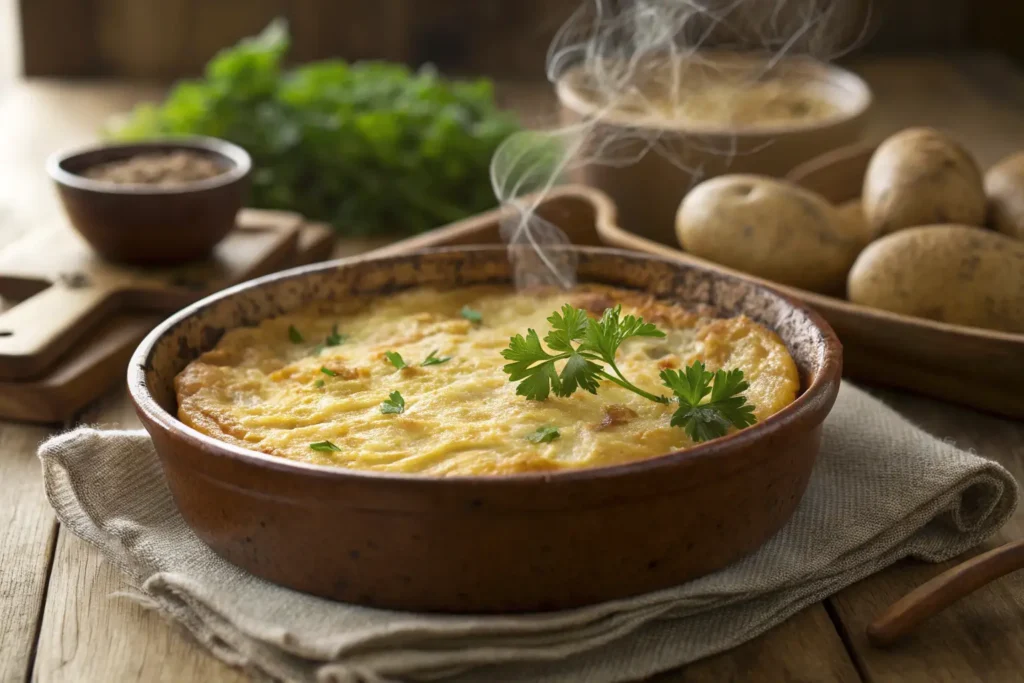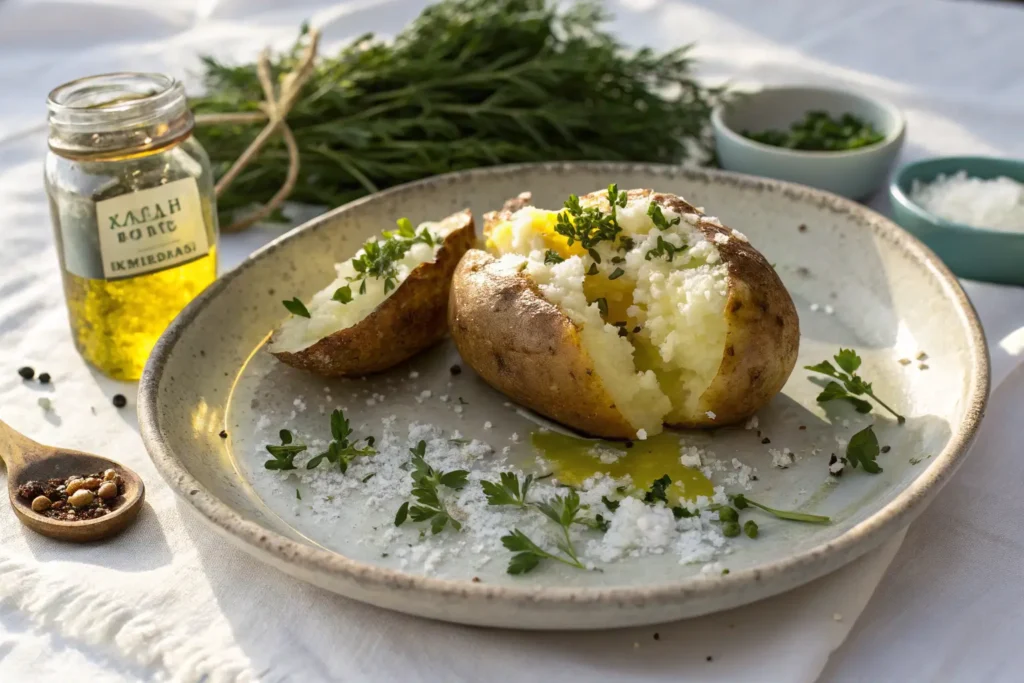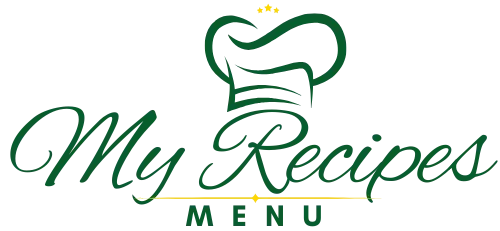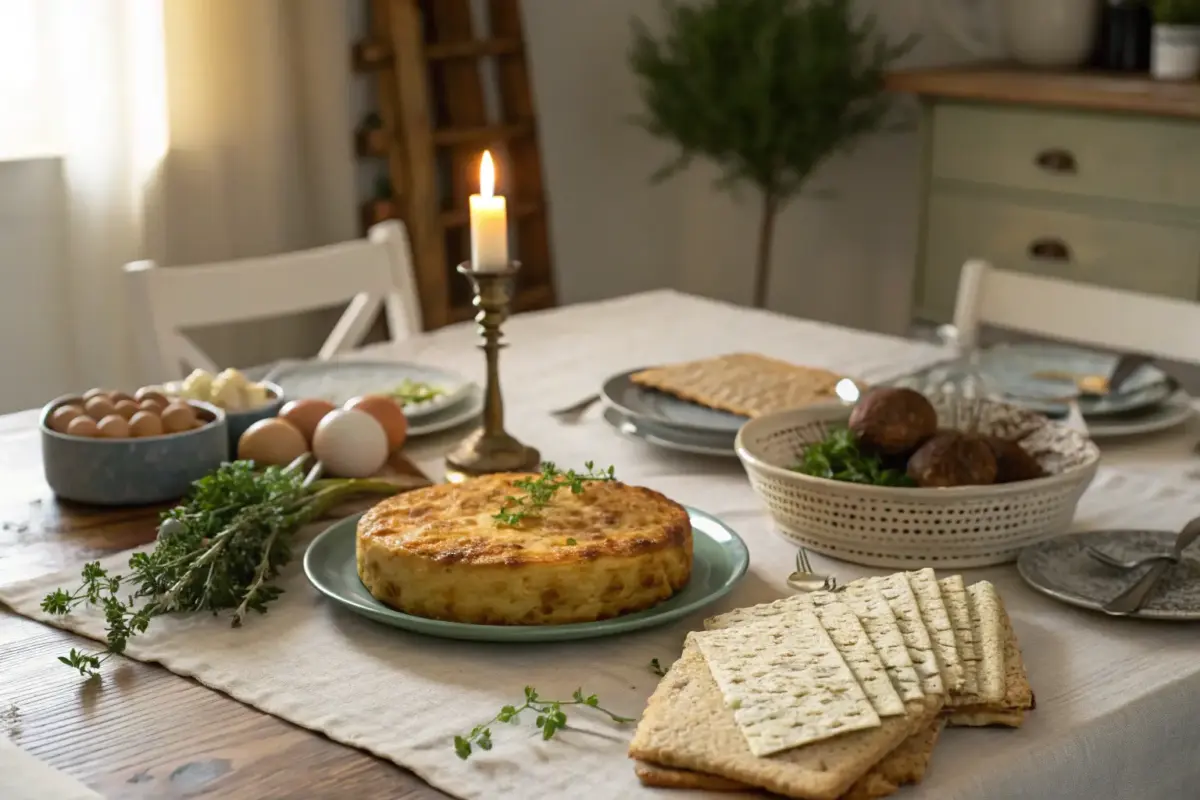Introduction
Passover, or Pesach in Hebrew, is one of the most important holidays in the Jewish calendar. It’s a time of reflection, family gatherings, and, let’s be honest, a whole lot of food traditions. Every year, people ask specific questions about what foods are allowed during Passover. Among the more surprising questions is: “Can Jews eat potatoes during Passover?” It might seem like a no-brainer, but the answer ties back to the strict dietary laws of the holiday and the cultural nuances that make Jewish cuisine so unique.
To understand why this question even comes up, we need to take a closer look at the rules of Passover, the historical significance of potatoes in Jewish life, and how they fit into the Passover table. Let’s break it all down step by step.
Understanding Passover Dietary Laws
What Are the Kashrut Rules During Passover?
To keep things simple, Passover dietary rules are stricter than the usual kosher guidelines followed throughout the year. During Passover, all Chametz—foods made from wheat, barley, rye, oats, or spelt that have come into contact with water and been allowed to ferment—is forbidden. This means no bread, pasta, or baked goods unless they’re specially prepared to be kosher for Passover. And yes, that includes any sneaky crumbs lurking in your pantry.
To add another layer, households may also adhere to avoiding Kitniyot. These are legumes, seeds, and grains like rice, corn, and lentils. While Kitniyot isn’t Chametz, it’s treated similarly in some traditions, especially among Ashkenazi Jews. However, Sephardi Jews often enjoy Kitniyot freely during Passover. The key takeaway? Different Jewish communities have different practices, but the rules all aim to honor the spirit of the holiday.
Chametz and Kitniyot: Key Terms to Know
Okay, let’s quickly define these terms because they’re crucial to understanding what’s on the Passover-approved list. Chametz, as mentioned earlier, refers to any leavened grain product. On the other hand, Kitniyot includes items like rice, corn, beans, and soy. While potatoes don’t fall into either category, some people mistakenly assume they do, leading to confusion about their status during Passover.
To clear things up, potatoes are tubers, not grains or legumes, which makes them a safe and acceptable choice for most Passover-observant households. We’ll dive deeper into this later, but for now, just remember that potatoes are not Kitniyot or Chametz—two terms you’ll hear a lot during Passover discussions.
The Role of Potatoes in Jewish Cuisine
Historical Significance of Potatoes for Jewish Communities
Potatoes might seem ordinary today, but they’ve played a vital role in Jewish history. During times of scarcity, especially in Eastern Europe, potatoes were a lifesaver for many Jewish communities. They were cheap, filling, and versatile, making them an essential ingredient in Ashkenazi Jewish cooking. Dishes like potato kugel, latkes, and cholent often relied on this humble ingredient to stretch limited resources into hearty, satisfying meals.
Over time, potatoes became more than just a survival food—they turned into a symbol of resilience and creativity in the kitchen. Even now, they remain a staple in Jewish homes worldwide, especially during holidays like Passover, where other starches might not be allowed.
Recipes like Passover Potato Pie showcase how this humble ingredient shines during the holiday, adding depth and flavor to a kosher-for-Passover table.
Potatoes as a Passover Staple
During Passover, when grains and leavened foods are off-limits, potatoes step up as the MVP of the holiday table. Their versatility knows no bounds. Whether you’re mashing them, roasting them, or grating them into kugel, potatoes offer a filling and delicious alternative to the bread and pasta you might be missing.
Plus, let’s be real—what’s a Passover meal without a big bowl of mashed potatoes or crispy potato latkes? They’re comfort food at its finest, and their simplicity makes them easy to prepare in a kosher-for-Passover way. In many Jewish households, potatoes are as much a tradition as matzo, brisket, or charoset.
Are Potatoes Kosher for Passover?
Defining Kosher for Passover Certification
When it comes to Passover, kosher certification takes center stage. Foods labeled “kosher for Passover” must meet specific standards to ensure they’re free from Chametz, and in some cases, Kitniyot. Potatoes, being a naturally Chametz-free food, generally don’t require a special Passover certification unless they’re processed or packaged.
For example, plain, fresh potatoes you buy at the grocery store are inherently kosher for Passover. However, prepackaged or frozen potato products, like fries or mashed potatoes, may include additives that aren’t Passover-approved. In those cases, checking for kosher certification is a must.
Why Potatoes Are Permitted for Passover
Potatoes are not grains, legumes, or seeds, which automatically sets them apart from Chametz and Kitniyot. Since they don’t ferment, potatoes are naturally in the clear for Passover. This makes them a reliable choice when you’re planning meals around the holiday’s strict rules.
Moreover, potatoes have been a part of Jewish culinary traditions for centuries, particularly during Passover. Their neutrality in dietary laws and their adaptability in recipes make them a holiday favorite across Jewish communities.
The Ashkenazi and Sephardi Perspectives
Differing Cultural Practices on Passover Foods
Jewish dietary customs can vary widely depending on cultural background. Ashkenazi Jews, whose ancestors hail from Central and Eastern Europe, typically follow stricter Passover rules that include avoiding Kitniyot. This means legumes, rice, and certain seeds are off-limits. However, potatoes have never been considered Kitniyot, so they’re widely embraced.
On the other hand, Sephardi Jews, with roots in Spain, North Africa, and the Middle East, have a more lenient approach to Kitniyot. For them, foods like rice, corn, and beans are perfectly acceptable during Passover. While this difference doesn’t directly impact potatoes, it shows how traditions influence the broader Passover menu.
Kitniyot and Its Relevance to Potatoes
Some people mistakenly group potatoes with Kitniyot due to misunderstandings about what’s permitted. Let’s set the record straight: Kitniyot refers specifically to legumes, seeds, and grains that aren’t Chametz but could be confused with them. Potatoes, being a tuber, don’t fall into this category. That’s why they’re universally accepted, even in the most stringent Ashkenazi households.
This broad acceptance makes potatoes a unique ingredient that bridges the gap between different cultural practices. Whether you’re Sephardi or Ashkenazi, chances are you’ll find potatoes on the Passover table.
Benefits of Including Potatoes in Passover Meals
Nutritional Value of Potatoes
Let’s talk about why potatoes aren’t just a filler food—they’re actually good for you! Rich in potassium, vitamin C, and fiber (especially if you leave the skin on), potatoes pack a nutritional punch. They’re also a great source of energy, which is especially important during a holiday when your diet might feel limited.
Plus, potatoes are naturally gluten-free, which makes them an excellent alternative for people who need to avoid wheat and other grains during Passover.
Versatility in Passover Recipes
If there’s one ingredient that can do it all during Passover, it’s potatoes. From breakfast to dinner, they fit seamlessly into any meal. You can whip up crispy latkes for a crowd, bake a golden potato kugel, or even make creamy potato soup as a comforting starter.
And let’s not forget mashed potatoes—they’re a classic side dish that pairs perfectly with brisket or roasted chicken. Want to get creative? Try using potatoes as a base for gnocchi made with matzo meal. The possibilities are endless, and their neutral flavor makes them a blank canvas for all kinds of seasoning.
Common Misconceptions About Potatoes and Passover
Addressing the Question: Can Jews Eat Potatoes During Passover?
The question “Can Jews eat potatoes during Passover?” comes up more often than you’d think. The short answer is yes! Potatoes are neither Chametz (leavened grains) nor Kitniyot (legumes, seeds, or grains restricted by some traditions). However, confusion arises when people equate potatoes with processed potato products, which may include non-kosher ingredients for Passover.
Fresh potatoes, in their natural state, are completely kosher for Passover. So, if you’re sticking to simple preparations like baking, boiling, or roasting, you’re in the clear. The only time you might need to double-check is when buying prepackaged items like frozen potato fries or instant mashed potatoes. Always look for a “Kosher for Passover” label to avoid any doubt.
Why Do Some People Question Potatoes for Passover?
People often ask, “Can Jews eat potatoes during Passover?” because of misunderstandings about Chametz and Kitniyot. Potatoes belong to the tuber family and don’t ferment, which makes them suitable for Passover. However, some individuals mistakenly believe potatoes fall into restricted categories. Rest assured, they don’t.
Modern trends have also led to creative uses of potatoes during Passover, which sometimes sparks questions. Dishes like potato gnocchi or potato gratin might look fancy, but as long as the ingredients comply with kosher-for-Passover rules, they’re just as acceptable as traditional potato kugel or mashed potatoes.
Popular Potato-Based Recipes for Passover
Classic Recipes That Answer: Can Jews Eat Potatoes During Passover?

Potatoes have always been a favorite during Passover because they’re filling, easy to cook, and versatile. Classic dishes include potato kugel, a hearty casserole made with grated potatoes, onions, and eggs, which appears on countless Passover tables. Latkes, though more commonly associated with Hanukkah, also find their way into many Passover meals, offering crispy deliciousness that pairs well with almost any main dish.
Mashed potatoes remain a beloved side dish during the holiday. Whether you serve them with brisket or roast chicken, they’re an easy-to-make crowd-pleaser. For a touch of sweetness, many families prepare tzimmes, a dish that combines potatoes, carrots, and dried fruit for a unique flavor profile.
Creative Passover Recipes Featuring Potatoes
For those looking to get creative, potatoes offer endless possibilities. Try making potato gnocchi with matzo meal for a Passover-friendly twist on an Italian classic. Or, bake thinly sliced potatoes with kosher-for-Passover ingredients to create a rich, creamy gratin that wows your guests.
Mini Passover pizzas are another fun option. Use thick potato slices as a base, add tomato sauce and cheese, and bake until bubbly. Explore more recipes on how to creatively integrate potatoes into your Passover meals by checking resources like Passover Potato Pie Recipes, where potatoes take center stage in delightful variations.
FAQs About Passover and Potatoes
Can Jews eat potatoes during Passover?
Yes, Jews can eat potatoes during Passover. Potatoes are not Chametz or Kitniyot, making them widely accepted by all Jewish communities. As long as they’re prepared with kosher-for-Passover ingredients, potatoes are a go-to option for the holiday.
What are the 5 forbidden foods on Passover?
The five forbidden foods on Passover are wheat, barley, rye, oats, and spelt if they ferment. These grains are classified as Chametz and are strictly avoided during the holiday.
What vegetables are ok for Passover?
Most fresh vegetables are kosher for Passover, including potatoes, carrots, onions, celery, and leafy greens. However, legumes like beans, peas, and lentils (Kitniyot) may be restricted for Ashkenazi Jews.
Are baked potatoes kosher for Passover?

Baked potatoes are kosher for Passover as long as you season them with permissible ingredients. Kosher salt, fresh herbs, and Passover-approved spices make great choices for keeping this dish simple yet flavorful.
Conclusion
The question “Can Jews eat potatoes during Passover?” has a simple answer: absolutely! Potatoes are a cornerstone of Passover meals, offering nutrition, versatility, and a connection to tradition. Whether you’re preparing kugel, mashed potatoes, or something more adventurous like potato gnocchi, this ingredient helps create meals that align with Passover’s dietary laws. So go ahead—embrace potatoes on your Passover table, and enjoy every delicious bite. Chag Sameach!


3 thoughts on “Can Jews Eat Potatoes During Passover? Everything You Need to Know”